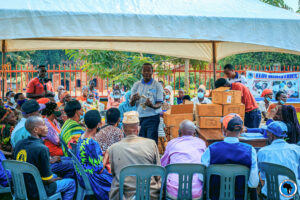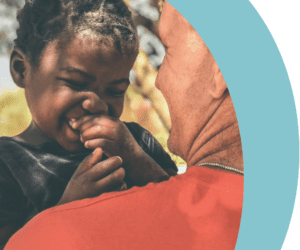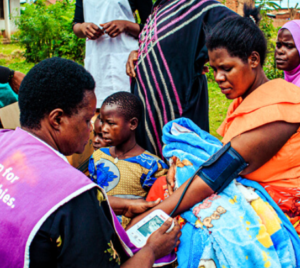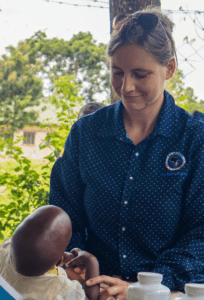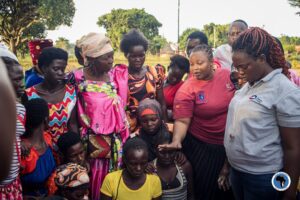Author:: Bagombeka job
Introduction
Uganda, located in East Africa, is a country with a rich cultural heritage and abundant natural resources. Despite its potential, Uganda faces numerous challenges that hinder its economic growth and development. This article explores the multifaceted issues impacting Uganda’s economy, ranging from political instability to infrastructure deficits and socio-economic disparities.
Political Challenges
Political Instability and Governance Issues:
Uganda has experienced decades of political instability, characterized by authoritarian rule under President Yoweri Museveni. The concentration of power has led to concerns over democratic freedoms and human rights abuses, affecting investor confidence and economic stability.
Corruption and Transparency:
Corruption remains a pervasive issue in Uganda, affecting public institutions, business operations, and economic growth. The lack of transparency hampers effective governance and undermines efforts to improve public service delivery.
Human Rights Concerns
Civil Liberties and Freedom of Expression:
Uganda has faced criticism for curtailing civil liberties, including freedom of expression and assembly. Political dissent is often met with repression, impacting social cohesion and public trust in institutions.
Gender Inequality and Women’s Rights:
Gender disparities persist in Uganda, particularly in access to education, employment opportunities, and property rights. Efforts to promote gender equality are hindered by cultural norms and inadequate legal protections.
Infrastructure Deficiencies
Transportation Infrastructure:
Uganda’s road network is underdeveloped and poorly maintained, restricting the movement of goods and people. Rural areas suffer from inadequate access to markets and essential services due to impassable roads during rainy seasons.
Energy Infrastructure:
The energy sector faces challenges in meeting growing demand, with frequent power outages affecting industrial productivity and economic growth. Investments in renewable energy sources are limited, exacerbating dependency on fossil fuels.
Social Services
Education System:
Uganda’s education system struggles with high dropout rates, teacher shortages, and inadequate facilities. Quality education remains inaccessible to many children, perpetuating cycles of poverty and limiting human capital development.
Healthcare System:
The healthcare system in Uganda is characterized by a lack of facilities, medical personnel shortages, and limited access to essential medicines. Infectious diseases such as malaria and HIV/AIDS pose significant public health challenges.
Role of NGOs like ELOI Ministries
Overview of ELOI Ministries:
ELOI Ministries is a prominent non-governmental organization (NGO) in Uganda dedicated to addressing socio-economic challenges through community-based initiatives. Established in [year], ELOI Ministries focuses on [mission], working closely with local communities to improve education, healthcare, and economic opportunities.
Initiatives by ELOI Ministries:
- Education Programs: ELOI Ministries collaborates with schools to enhance teaching standards, provide scholarships, and promote vocational training.
- Healthcare Interventions: The NGO operates health clinics, conducts medical outreach programs, and advocates for improved healthcare infrastructure.
- Economic Empowerment: ELOI Ministries supports small-scale enterprises, offers microfinance loans, and promotes sustainable agriculture practices.
Impact and Challenges:
While ELOI Ministries has made significant strides in addressing local challenges, operational constraints such as funding limitations and regulatory hurdles affect scalability and long-term sustainability. Collaborations with government agencies and international partners are crucial for expanding impact and navigating bureaucratic challenges.
Conclusion
In conclusion, Uganda’s economy faces multifaceted challenges rooted in political instability, infrastructure deficiencies, and socio-economic disparities. Addressing these issues requires concerted efforts from government, civil society organizations like ELOI Ministries, and international stakeholders. By prioritizing good governance, investing in infrastructure development, and enhancing social services, Uganda can unlock its potential for sustainable economic growth and improved quality of life for its citizens.
This article provides a foundational overview of the complexities impacting Uganda’s economy, offering insights into ongoing efforts and the collaborative approaches needed to overcome these challenges.
Author:: Bagombeka Job

























